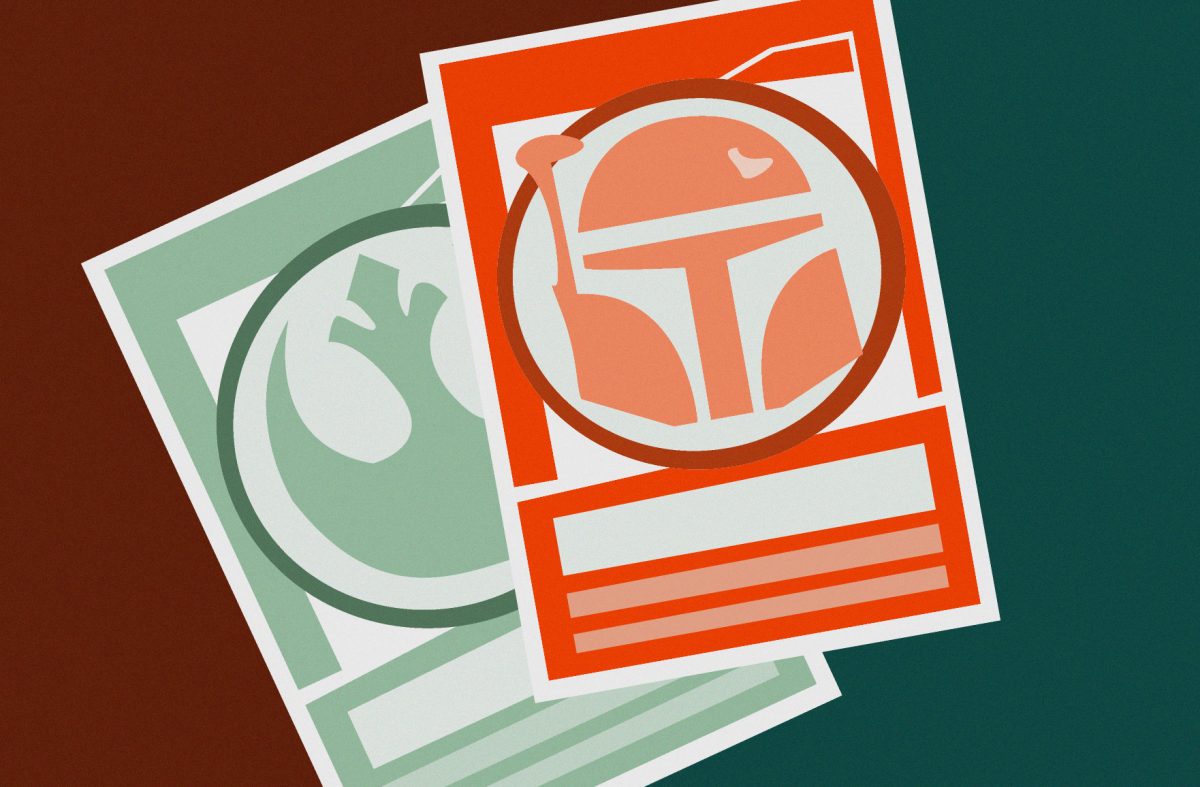Identity fraud is one of the fastest growing crimes -27.3 million Americans have been victimized in the last five years.
Sometimes a look through somebody’s trash to find a document with his or her name, birth date, and Social Security number is all any criminal may need. Given that information, anybody can open a credit line or wireless phone account in someone else’s name, and at their expense.
Additionally, the actions may implicate innocent people in crimes they didn’t commit-crimes that were committed by somebody else using their name.
College students are not immune. Amy Foster, a senior at the U, didn’t realize that she had been a victim of identity fraud until she received a notice from a creditor informing her that she owed money to a phone company in Georgia-a state in which she has never lived.
“You don’t think it’s ever going to happen to you. You think, ‘It might happen to someone else, but not to me.’ It’s unnerving to know that somebody can take your Social Security number and name and live out their life like they’re you.”
Foster went through a bundle of red tape before she finally got her records cleared. She filled out a fraud packet, filed a police report, and contacted the Federal Trade Commission, the Consumer Protection Agency, and the Attorney General’s office. She also had to prove that she had never lived in Georgia by providing work and school records.
Foster realizes that comparatively, she is one of the lucky ones. On average, victims reportedly spend $1,374 and 175 hours trying to clear their credit reports and their names.
“I feel lucky because it didn’t take me forever to clear things up, it only took me a few months and then it was over.”
Searching through trash is only one of the ways that identity thieves get personal information about their victims. During Fall Semester, more than 400 items of property were reported stolen on campus, including wallets, laptops, and ID cards.
“Most students think that they’re impervious, that they will never be a victim of a crime,” said Sgt. Lynn Rohland, the administrative sergeant over crime prevention at the U.
“Many people don’t realize they have been a victim of identity theft until years down the road when they apply for a mortgage or try to get a loan for a car or some other big ticket item where your credit score will be checked.”
Rohland cautions students to safeguard their belongings, reminding them not to leave their bags in class or the library when leaving to go to the bathroom or pick up a book. Also, it is recommended that students store their belongings in the lockers provided at the U Bookstore (where a substantial amount of reported thefts take place) instead of the cubbyholes.
“Sometimes our students here at the U are living away from a safe and secure home and family where they had good comfort levels and a high amount of trust. Then they come to the U and live in an apartment or dorm with roommates who maybe aren’t as honest, safe or courteous. When you are living with roommates, you have to ask yourself how well you really know these people. Even if you do know them well, what about the friends they bring over? How well does your roommate know their friends?” For Foster, there is no such thing as being too careful. Even though she doesn’t know how her identity got stolen, she is still taking steps to protect herself in the future.
“My best friend bought me a shredder for Christmas last year after all this happened. I save all my credit card statements, bank statements, and receipts, and then I shred them. It’s not worth the risk of having someone else find them.”
According to experts, there are several things you can do to help protect yourself from identity fraud
* Don’t carry your social security card with you. Store it in a safe place-only use your social security number as identification when absolutely necessary. * Secure personal information in your home-this is especially important if other people (roommates, etc.) have access to your room.* Guard your mail-shred credit card applications, insurance forms, bank statements, etc. Other people could get a credit card in your name using blank forms you throw out.* It is recommended that you check your credit report at least once a year. You can order one from Equifax, Experian and TransUnion.* Place passwords on your credit card, bank and phone accounts.* Never give out personal information over the Internet or phone unless you have initiated the contact and know the person you are speaking with.* Deposit mail at the Post Office, rather than leaving it in your mailbox where anyone could gain access to it. * Find out how your personal information (i.e., SSN) is going to be used when applying for a job before giving it.











